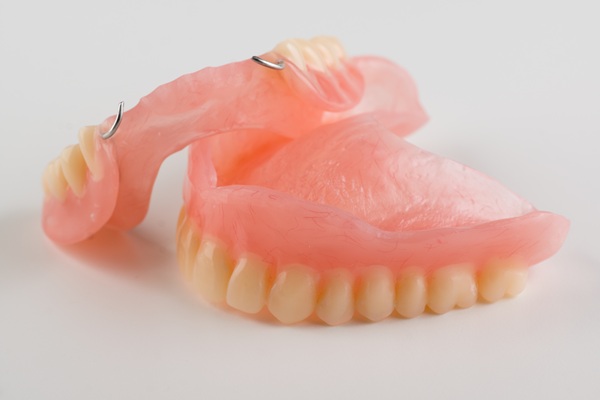Should I Visit a Dentist or an Orthodontist for Orthodontic Care?

Is a dentist or an orthodontist the best option for your orthodontic care? It is common knowledge that optimal oral hygiene is necessary for general health and well-being. Yet, knowing the proper kind of dental care for you can be somewhat tricky. To help guide your decision of choosing which kind of doctor is best for your orthodontic care, we will discuss what they are, what they do and the difference between the two dental experts.
What is a dentist?
Dentistry is a general medical area that deals with the health of the gums, teeth, jaws and mouth. Dentists offer treatments for different oral health conditions such as tooth decay, cavities and gingivitis. You should book an appointment with the dentist twice a year to keep your dental health in a good state. These visits involve dental X-rays to detect possible issues and dental cleaning.
What is an orthodontist?
An orthodontist is a certified dentist who concentrates on correcting dental issues such as crooked teeth, overcrowded teeth, overbite or underbite. To qualify as an orthodontist, a dentist must pass through an extra two years of study in the field of orthodontics.
The orthodontist can examine your bite to find the best corrective solution for a condition, such as braces. A dentist refers patients to an orthodontist if the dental care required by the patient is outside the area of general dentistry.
Orthodontic conditions do not pose aesthetic concerns alone. They can also lead to more severe problems such as speech impediments, headaches, lockjaw and bone deterioration. This is why consulting a dentist is necessary to know if you need orthodontic treatment.
Professionals recommend that children have their first visit to the orthodontist before they turn 7 years old. This will help diagnose any possible issues that may impair proper growth and development of their oral cavity.
Orthodontist vs. dentist: What’s the difference?
Both dentists and orthodontists must obtain a bachelor’s degree before going on to a dental school. They must finish a four-year doctoral program to qualify as a general dentist. After graduating, they are both qualified to practice dentistry. At this stage, any dentist who wants to specialize in orthodontic treatment must proceed to an orthodontic residency. Once admitted for orthodontic residency, they must finish a two- or three-year orthodontics program at a university accredited by the American Dental Association. During the program, they would learn how to correct dental malocclusions.
In general, a dentist can help with:
- General teeth or gum health
- Tooth decay, cavity or gum disease
- Preventative dental care
However, some dentists are also qualified to provide care to fix misaligned teeth. One common product dentists use to straighten teeth is clear aligners, such as Invisalign®. The dentist will evaluate your dental health and provide the adequate care required.
If you have teeth that are more seriously misaligned or other orthodontics issues, an orthodontist may be the right choice and can help with:
- Crooked, overcrowded, or misaligned teeth
- Overbite or underbite
- Your teeth hinder proper speech or chewing
- Severe teeth ache or pain
What’s the bottom line?
It is evident both dentists and orthodontists must go through much training before they can practice. The difference is that orthodontists are dentists who have undergone an extra training program to become specialists. However, dentists like us are also qualified to provide orthodontic services in the same place you already have to go to get your teeth cleaned.
Request an appointment in our Milwaukee office here: https://www.esdmke.com.
Check out what others are saying about our dental services on Yelp: Orthodontics.
Related Posts
A cosmetic dentist often hears concerns about whitening discomfort and can explain why sensitivity sometimes increases during treatment. Whitening products lift stains by allowing active ingredients to move through enamel, which can temporarily irritate the tooth's inner structures. Understanding what causes sensitivity and how to reduce it helps patients pursue a brighter smile more comfortably.Whitening…
Dentures are a widely used solution for individuals who have lost multiple teeth. However, despite their long history and proven effectiveness, several misunderstandings about dentures persist. These misconceptions can lead to unnecessary hesitation or to people not pursuing the care they need, affecting their oral health and comfort. Clarifying these misunderstandings can help those considering…
Routine dental cleanings help maintain the health of your teeth and gums by removing plaque and tartar buildup. However, practicing good oral hygiene at home is essential to prevent oral health issues between visits. Taking proper care of your teeth daily ensures a bright, healthy smile over time.Brushing teeth at least twice daily helps keep…
A dental implant restoration is a significant investment in your oral health. This tooth replacement option offers durability while improving the function and appearance of your smile. However, there are ways how you can ensure the long-term success and integrity of the restoration.Keeping good oral hygiene is important for the longevity of a dental implant…


